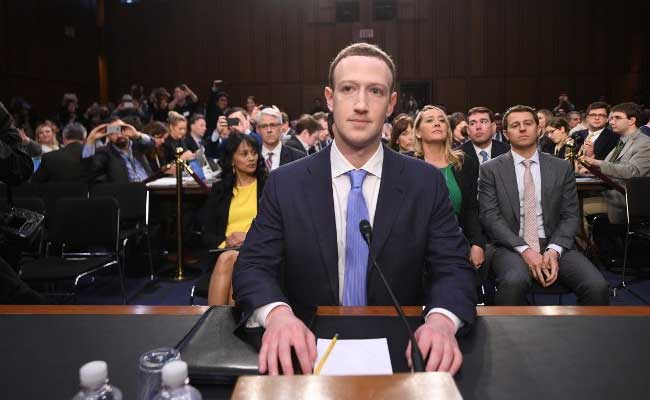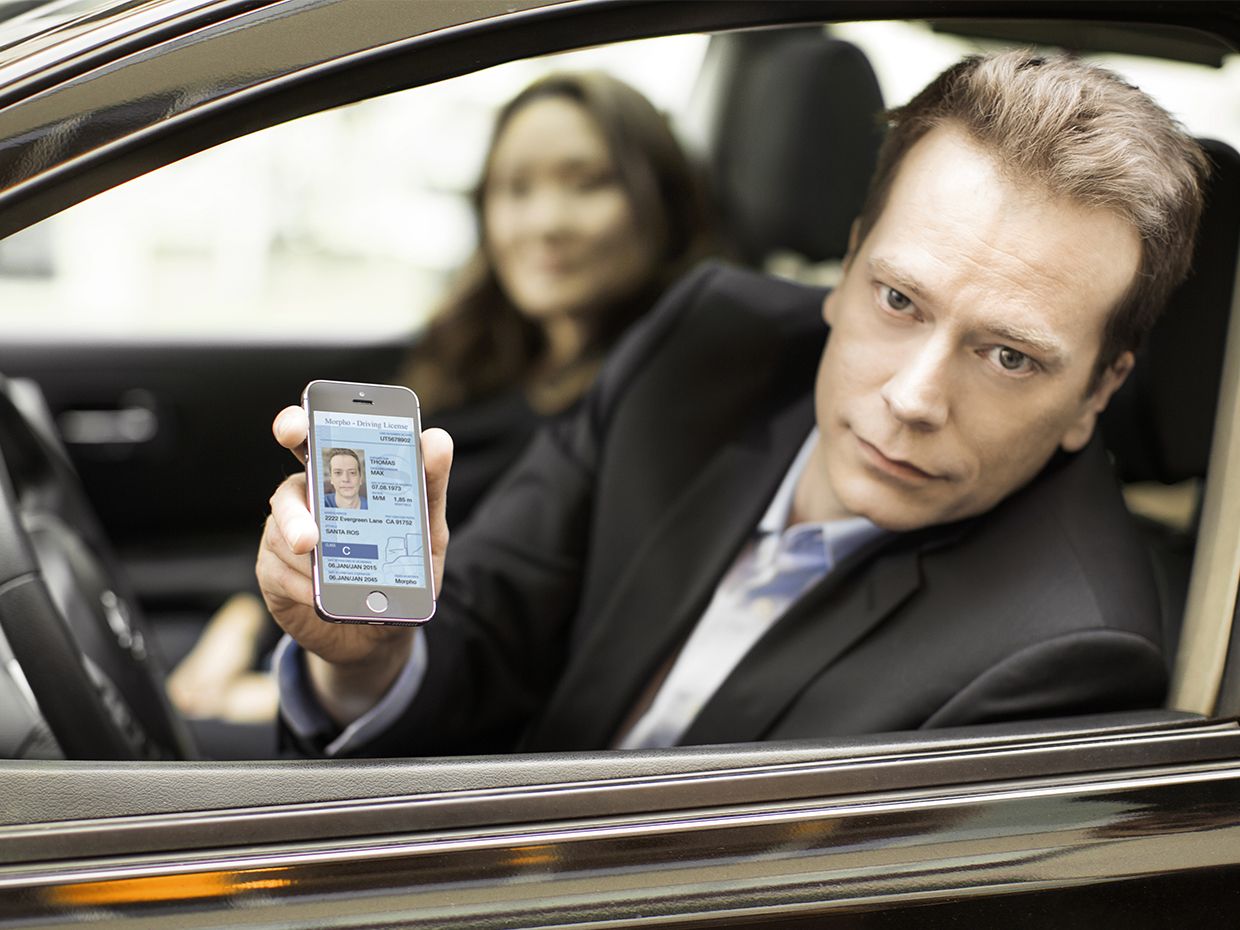HughesNet Buys Share of OneWeb
That didn’t last long. The OneWeb satellite internet system, thought to be near death after filing for Chapter 11 bankruptcy a few months ago, apparently has cheated the Grim Reaper- at least in the short term. It may yet shake off fiscal extinction.

A few days ago, Hughes Network Systems plunged $50 million into OneWeb. In this, Hughes joins the British government and Bharti Global, each of which paid $500 million for a 45% share only a few weeks ago.
Bharti Global is an Indian consortium.
How will this affect satellite internet service?
Hughes has operated its own satellite internet system for several decades. Its legacy system relies on high-altitude birds in geosynchronous orbit. OneWeb’s satellites hover in Low Earth Orbit (LEO). At the lower altitude, each of OneWeb’s satellites covers less territory, features lower latency. Latency is the delay between the sending of a signal and when the target receives it.
A geosynchronous satellite matches its speed to the Earth’s rotation. The satellite remains directly above a given spot on the planet’s surface.
With its added interest in OneWeb, HughesNet will be part of a multi-orbit system. High altitude geosynchronous systems offer certain advantages. LEO systems offer other advantages. But a multi-orbit system can provide the best features of both: more complete coverage, with low latency where its needed.
Some competitors, such as Elon Musk’s StarLink, deploy only LEO satellites. Industry experts, though, say multi-orbit systems are the wave of the future.
Before filing for bankruptcy, OneWeb had launched 74 satellites. It had planned to launch a fleet of more than 600.
What are HughesNet’s plans?
HughesNet said it wants to distribute OneWeb services in America. Hughes says this will include custom connections for government and business sites. This will mean, among other things, cellular backhaul and community WiFi hotspots.
Hughes has already gotten more than $300 million in OneWeb contracts for gateway antennae and other ground equipment.
HughesNet customers can also expect upgrades in residential web service.
You can get satellite internet service almost anywhere. You’re not limited by the location of the cable or telecom lines. To find out more, call 1-855-216-0185. Call 1-855-216-0185. Call 1-855-216-0185.
For the most reliable internet connection, contact Satellite Country. We can help.










